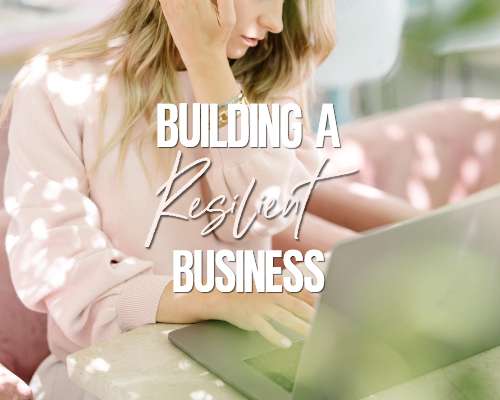As you start adding resilience into your business, you may want to think about the six critical business assets that you may have or may wish to have and thus protected in your continuity planning in the future.
People
Whether customers, contractors, employees, or other experts you network with are all significant to your business. Your email list is one of your most significant assets because it consists of your customers, who are your people. You need them as much as they need you. When you set up any continuity plan, it should always consider how each thing you do affects your people, whether customers or otherwise.
Data
Some people will state that the data you collect and gather from your efforts is invaluable, and they are right. The data you collect will inform the decision-making process more than almost anything else. Combining information with your principles, values, and goals will make all the difference in your business resilience. With the right information, you can make better choices now and during any crisis.
Operations
Any cash on hand, money coming in in the form of accounts receivable, inventory, equipment, copyrights, patents, and even goodwill, can be considered an operations asset. It would help if you found ways to protect anything that enables you to do business. For example, if you have software that allows you to earn money, you don’t want to stop paying for it during a downturn because that will only make matters worse.
Inventory
While this is an operating asset, it is important to point out how important your inventory is. Even if you don’t have physical products but sell digital products or services, how much you have to sell is, in fact, inventory for asset protection purposes, even if it’s not for tax purposes. Think about everything you do in terms of how it affects your ability to stay in business.
Equipment
Anything you use to keep doing your business, from the mic you use performing your podcast, to the backdrop for your Instagram shots, to the lighting you use to get good photos of your products, to the email software you use to send out the info to your audience is valuable to consider. All of it is an asset that you will need to protect going forward.
Buildings
While most small online business owners work from home, you still need to consider the structure you’re living in as an asset only in terms of disaster planning, if not taxes. For example, what if a tornado destroys your house? What will you do to stay in business the day after?
Even if you don’t have all of these business assets yet, as you acquire more and grow your business, stay aware of what you need to protect and what is most important (people) as you create plans for mitigating disasters continuing your business during hard times.
Thank you for joining me! For more free lessons in this series simply click the “Next Post” button below.


